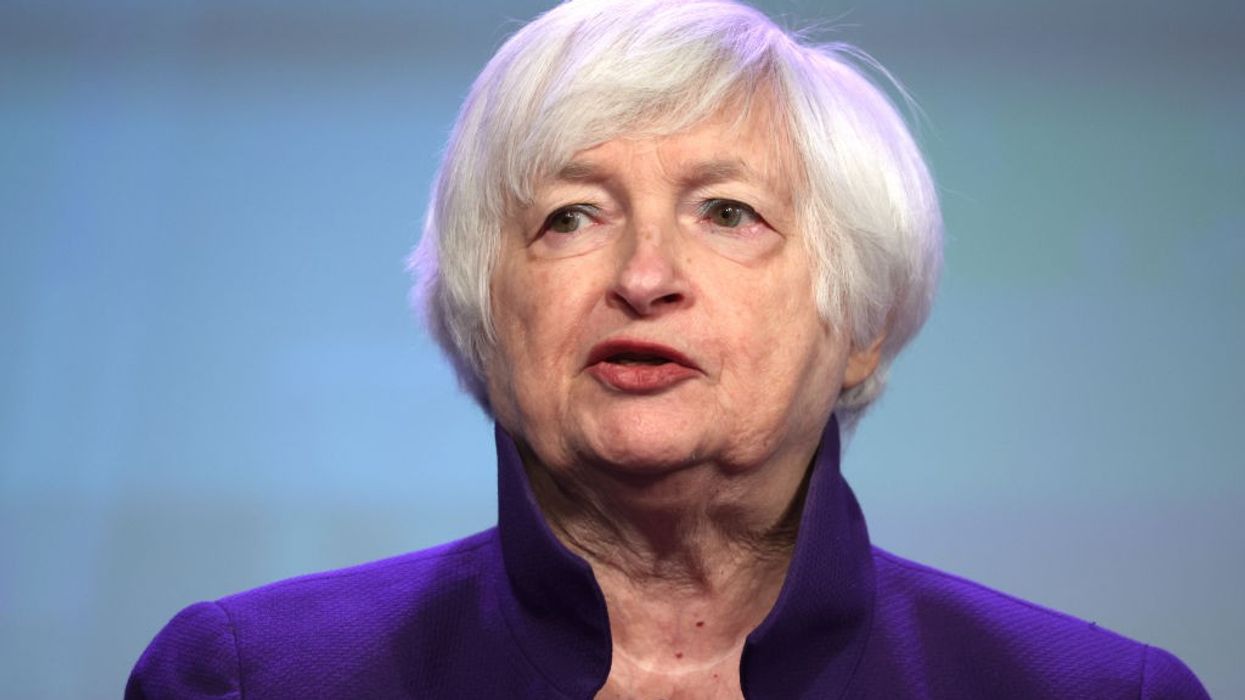TWO days of talks between economic and finance policymakers from the Group of 20 nations will wrap up on Tuesday without a joint statement due to differences between major powers over the war in Ukraine, according to Indian officials hosting the meeting.
During its presidency of the G20, India is hoping to forge a consensus on reforms for multilateral banks, a global guiding principle on cryptocurrencies and accelerate the debt resolution of vulnerable countries, but the Russia-Ukraine conflict has cast a long shadow over global diplomacy.
"All our agenda has been moving forward and accepted by everyone," an Indian government official, who requested anonymity, said on the last day of talks in the western city of Gandhinagar.
Most western countries including the US, the United Kingdom, Germany and France had pushed for a firm condemnation of Russia and the war in Ukraine, whereas Russia and its friend China had opposed any such move, the official added.
And, India, as host nation, has been unable to draft a final communique acceptable to all members, the official said, as some countries insisted on calling the conflict a war, while Russia refers to its campaign, now in its sixteenth month, as a "special military operation".
India has adopted a largely neutral stance, declining to blame Russia for the invasion and urging a diplomatic solution, while also increasing purchases of discounted oil from Russia.
On Saturday (15), an Indian official said brokering peace between Russia and Ukraine was beyond the remit of the G20 and such efforts would be best undertaken by the United Nations and through bilateral negotiations.
Earlier this week, US treasury secretary Janet Yellen said that Washington's support for Ukraine was unequivocal and one of its core goals this year was to combat Russia's efforts to evade sanctions.
The gathering in the western state of Gujarat was the G20's third finance track meeting under India's presidency. India has not been able to forge a joint statement in any of the key tracks since it took over the presidency of G20 last December.
Some officials said the acrimony was less than they had seen during the first meetings held in Bengaluru in February, even though countries had remained firm on their stance.
At the close of the Bengaluru meetings, the lack of consensus among the G20 members meant India resorted to issuing a "chair's summary and outcome document" in which it simply summed up the two days of talks and noted disagreements.
(Reuters)
G20 meeting to end without communique as Ukraine war divides bloc
Most western countries have pushed for a condemnation of the war in Ukraine, but Russia and China have resisted the move




